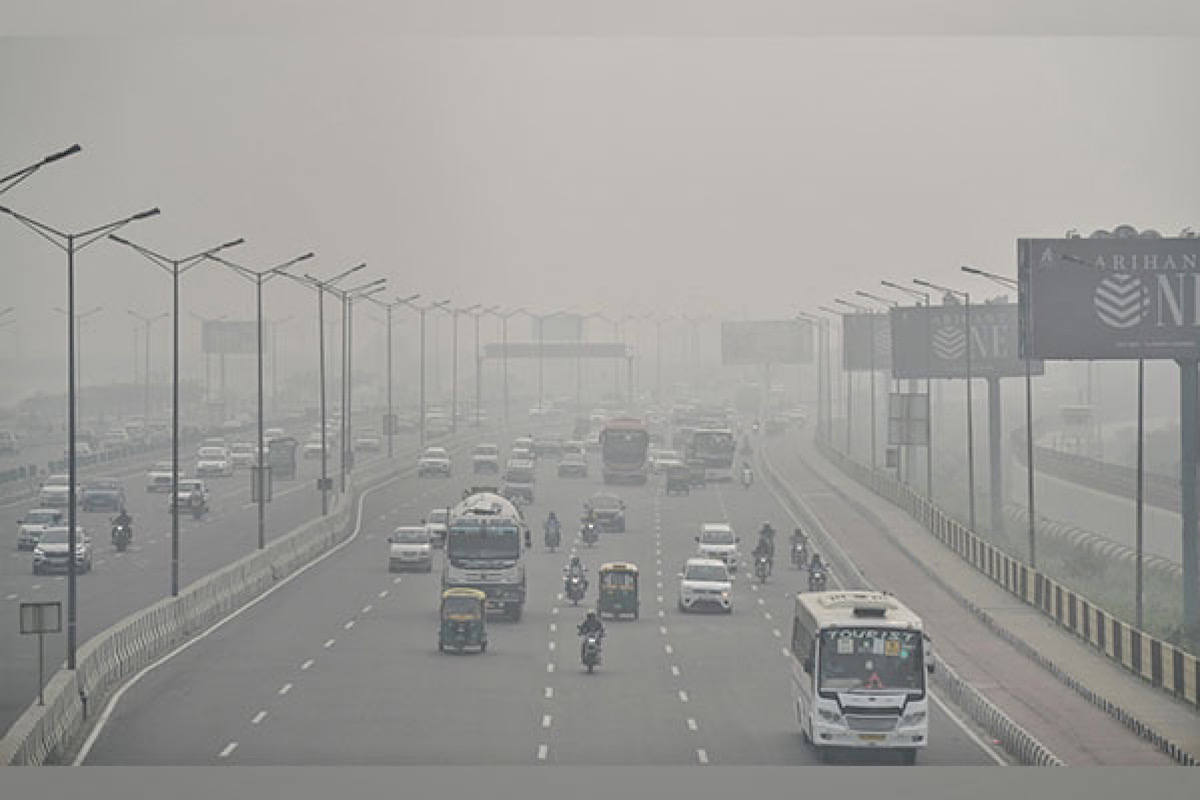SC to hear pollution cases related to Delhi, other cities today
The Supreme Court will expand its focus on air pollution to other cities in India during a hearing scheduled for Thursday.
Lack of green spaces and long-term exposure to air pollution increase the risk of hospitalisation for respiratory conditions, a new study has said.

Air pollution (Photo:ANI)
Lack of green spaces and long-term exposure to air pollution increase the risk of hospitalisation for respiratory conditions, a new study has said.
Traffic-related air pollution is also strongly linked to the progression from asthma to asthma-COPD (Chronic obstructive pulmonary disease), according to a second study presented at the ERS Congress the European Respiratory Society (ERS) Congress in Vienna, Austria.
Advertisement
The first study was presented by Shanshan Xu from the Department of Global Public Health and Primary Care, University of Bergen, Norway.
Advertisement
The study evaluated the association between respiratory health and long-term exposure (between 1990 and 2000) to particulate matter, black carbon, nitrogen dioxide, ozone, and greenness (the amount and health of vegetation surrounding a person’s home).
“Specifically, we observed that for each interquartile range increase in these pollutants, the risk of hospitalisation rises by approximately 30 to 45 per cent, depending on the pollutant. Greenness, on the other hand, contributed to a reduced risk of respiratory hospitalisation,” said Xu.
But while greenness was associated with a decreased risk of respiratory hospitalisations, it was also linked to an increased number of respiratory emergency room visits, particularly when looking at the co-presence of hay fever.
The second study was presented by Dr Samuel Cai from the Centre for Environmental Health and Sustainability at the University of Leicester, UK.
Levels of two main air pollutants – particulate matter and nitrogen dioxide – were estimated at each participant’s home address, and a genetic risk score.
The team found that for every 10 micrograms per metre cubed higher exposure to particulate matter, the risk of developing COPD was 56 per cent higher among asthmatic patients.
“We also found that higher exposure to nitrogen dioxide increases the risk. In addition, if individuals carry a medium-to-high genetic risk score, the risk of increased nitrogen dioxide exposure causing asthma to progress to COPD is even higher,” Dr Cai explained.
Advertisement